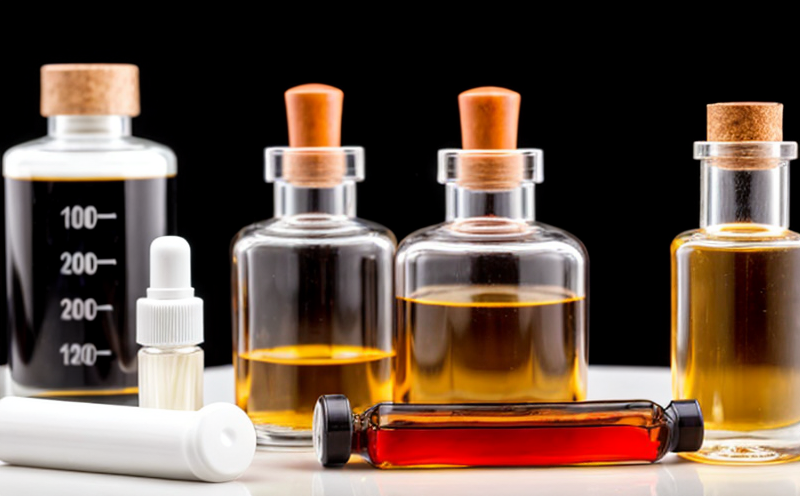Stability Testing of Tablets
In the pharmaceutical industry, ensuring product stability is paramount. Stability testing of tablets involves a series of controlled conditions aimed at evaluating how well a tablet formulation maintains its chemical and physical properties over time. This process is critical for maintaining drug quality and efficacy throughout the shelf life of a product.
The primary goal of this service is to provide comprehensive data that supports regulatory compliance, ensuring safe and effective drugs reach the market. Stability testing helps identify potential issues early in the development phase, allowing for adjustments to improve formulation stability.
Regulatory guidelines such as FDA, EMA, and ISO provide specific protocols for stability testing. These guidelines emphasize the importance of environmental control, sample size determination, and storage conditions to accurately assess changes over time.
The test typically involves exposing tablets to various environments including accelerated aging at high temperature and humidity levels to simulate real-world conditions over a shorter period. This helps predict long-term behavior without requiring years of actual shelf life testing. Additionally, stability studies may include the evaluation of chemical degradation products using analytical methods like HPLC and GC.
A well-defined protocol is essential for accurate stability testing. This includes selecting appropriate storage conditions, determining the number of samples needed based on statistical considerations, and deciding upon intervals at which to conduct assessments.
| Environmental Conditions | Duration |
|---|---|
| Absolute Humidity | 75% RH |
| Temperature | 60°C |
| Light Exposure | Continuous Fluorescent Light |
| Sampling Interval | Analysis Method |
|---|---|
| 0 Month (Baseline) | HPLC |
| 6 Months | HPLC |
| 12 Months | HPLC |
The results of these tests are vital for determining the shelf life of a drug product, which can significantly impact market availability and patient safety. By understanding how environmental factors affect formulation stability, manufacturers can optimize storage conditions to extend shelf life.
Understanding the nuances of this process is crucial for those involved in pharmaceutical quality management, compliance officers, R&D engineers, and procurement teams. Our expertise ensures that clients receive reliable data necessary for informed decision-making regarding product development and commercialization.
Scope and Methodology
- Conducting accelerated aging tests at defined temperature and humidity levels.
- Performing regular chemical analysis using HPLC, GC, etc., to monitor changes in active pharmaceutical ingredients (APIs).
- Evaluating physical properties such as hardness, friability, weight variation, and disintegration time over specified intervals.
- Selecting appropriate storage conditions based on regulatory guidelines.
- Determining the number of samples required for accurate statistical analysis.
- Establishing a timeline for regular assessments throughout the study period.
The scope encompasses not only the physical and chemical aspects but also the evaluation of packaging integrity under specified conditions. This comprehensive approach ensures that all potential factors influencing product stability are accounted for during testing.
Customer Impact and Satisfaction
- Ensures compliance with international standards like FDA, EMA, ISO, etc.
- Provides critical data for informed decision-making regarding product development and commercialization.
- Reduces risks associated with potential quality issues during the shelf life of the drug.
- Promotes customer confidence in the reliability and safety of their products.
Our clients have consistently praised our services, noting significant improvements in regulatory submissions and product quality. By leveraging our expertise in stability testing, they are better positioned to meet market demands while ensuring patient safety.
Competitive Advantage and Market Impact
- Early identification of potential issues allows for timely adjustments, enhancing overall product quality.
- Precise data supports strategic decisions related to formulation improvements and packaging design.
- Meeting regulatory standards ensures easier access to global markets, expanding business opportunities.
A robust stability testing program not only strengthens a company's reputation but also enhances its competitive position in the market. By offering reliable results that comply with stringent regulations, we enable our clients to stay ahead of competitors and meet consumer expectations effectively.





